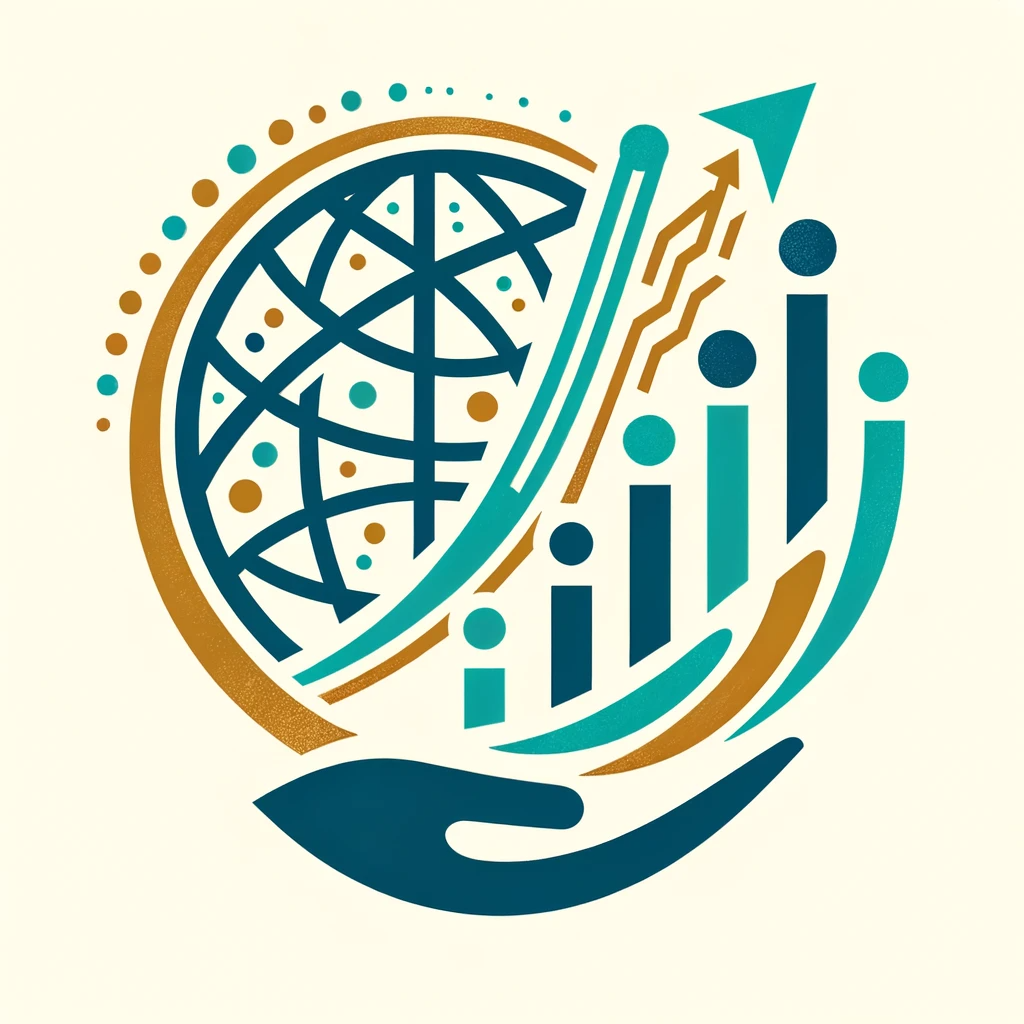 The International Center for Inclusive Management and Economic Development (IDEAL)
The International Center for Inclusive Management and Economic Development (IDEAL)
This centre's mission is to promote inclusivity in economic development on micro and macro levels. It focuses on research and policy advocacy to ensure that economic growth and development activities are inclusive and equitable, benefiting a broad spectrum of society. The centre addresses issues like the economic empowerment of underrepresented groups, equitable distribution of resources, and strategies for reducing economic disparities both within and between nations. Inclusive economics concerns the fair development of countries, regions, and enterprises.
We achieve our goals by:
- Conducting and publishing research,
- Scientific cooperation with the international environment,
- Organization of conferences, seminars and workshops,
- Facilitating knowledge transfer,
- Development of employee competencies,
- Organizing competitions and projects that promote ethical development,
- Preparing reports and expert opinions,
- Participation in projects.
The inclusivity in economic development particularly concerns:
Equal Access to Opportunities: Inclusive economic development ensures that people from all segments of society have equal access to economic opportunities. This includes access to quality education, job opportunities, or entrepreneurship programs. It aims to break down barriers that certain groups might face due to factors like gender, race, ethnicity, disability, or socio-economic background.
Equitable Resource Distribution: This aspect focuses on the fair and equitable distribution of resources and wealth. It seeks to address income inequality and ensure that the benefits of economic growth are shared among all members of society, not just a privileged few. This involves policies that support wage equity, fair taxation, and social welfare programs.
Empowerment of Marginalized Groups: Inclusive economic development aims to empower historically marginalized and underrepresented groups. This involves not only providing economic opportunities but also ensuring that these groups have a voice in the decisions and policies that affect their lives. Empowerment can be achieved through community-led development projects, representation in decision-making bodies, and targeted support programs.
Sustainable and Long-term Growth: Inclusivity is critical for sustainable economic growth. When more people participate in the economy, it leads to a more diverse and resilient economic system. Inclusive economic development focuses on long-term prosperity for all, rather than short-term gains for some. It recognizes that economic growth is more sustainable when it is inclusive.
Social Cohesion and Stability – Micro and Macro Level: An inclusive approach to economic development promotes social cohesion and stability. When people feel that they are part of a society that values and includes them, it leads to a stronger, more unified community. The same can be said about market entities. Cohesion and belonging reduce tensions and conflicts that can arise from disparities and exclusion. Inclusivity in economic development thus contributes to a more peaceful and stable society, as well as to stable market entities.


